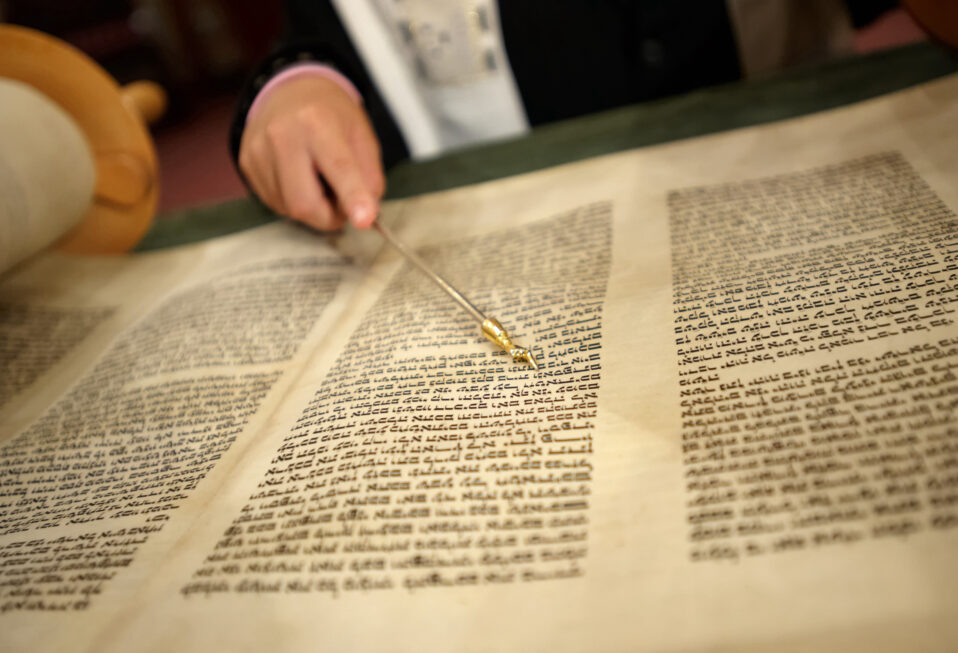The word “Torah” comes from the Hebrew root meaning “to shoot an arrow in a straight direction.” The noun torah as it appears within the Old Testament means “instruction.”
By the end of the Old Testament period, the Judeans began to collect writings they deemed authoritative and inspired. The first collection were five books, which tradition ascribed to Moses—the Five Books of Moses, also called the Pentateuch. Because these were seen as God’s instruction and authoritative, they received the name “Torah,” Instruction. Although not everything in the Five Books of Moses were instructional, for example there are narrative stories, ancient Judaism came to see everything as God’s instruction to His people.
The Jewish Scriptures were collected into three groups of writings by the first century—Moses, Prophets, and Psalms. This threefold division fits the organization of the Jewish Canon today—Torah, Prophets, and Writings. The “Torah” can refer either to the first five books, or it can refer to the entire collection of the Jewish Canon.
Many Christians have gained a negative sense of the Torah because in Greek the word is translated as nomos, law. The juxtaposition of “law and grace,” “faith and works” within Protestantism has left many Christians to think of the Torah negatively. Yet, within the New Testament—in the words of Jesus, Paul, and James—the Torah is connected to life, as it is within Judaism. In fact, it would be more accurate to gain a sense for what the New Testament writers, like Paul, meant if we translated nomos as “instruction” instead of “law.”
Because the Torah was written and transmitted through manuscripts, some Jewish groups felt it improper to write down their interpretation and commentary on the Torah. Thus, Pharisaic Judaism spoke of two “Torahs”—the Written Torah, which refers to the Old Testament, Jewish Canon, and the Oral Torah. The Oral Torah refers to the oral teachings, interpretation, and commentary which built up around the Torah but came from the Sages of Israel.
The Oral Torah was not seen as contrary to the Written Torah; rather, it was complementary. The Oral Torah sought to make the instruction of the Torah plain, relevant, and understandable within the contemporary situation of the Sage and his disciples. It is no different than what pastors do on any given Sunday when they seek to provide contemporary relevance and instruction from ancient texts to their congregation.
Marc Turnage is President/CEO of Biblical Expeditions. He is an authority on ancient Judaism and Christian origins. He has published widely for both academic and popular audiences. His most recent book, Windows into the Bible, was named by Outreach Magazine as one of its top 100 Christian living resources. Marc is a widely sought-after speaker and a gifted teacher. He has been guiding groups to the lands of the Bible—Israel, Jordan, Egypt, Turkey, Greece, and Italy—for over twenty years.
Website: WITBUniversity.com
Facebook: @witbuniversity
Podcast: Windows into the Bible Podcast




Post a comment